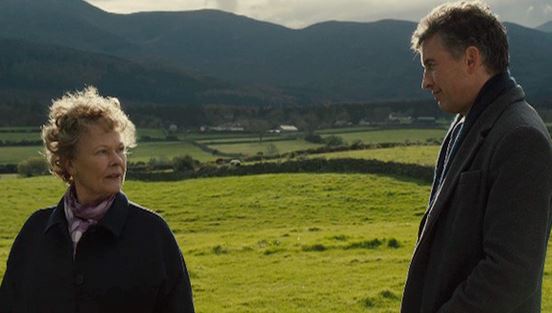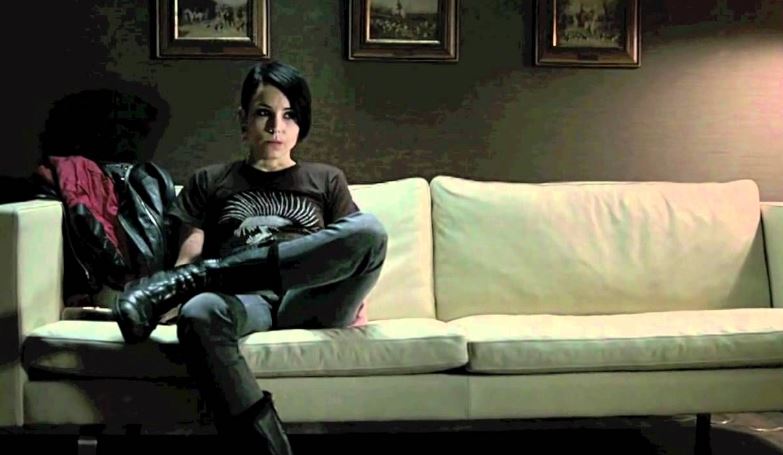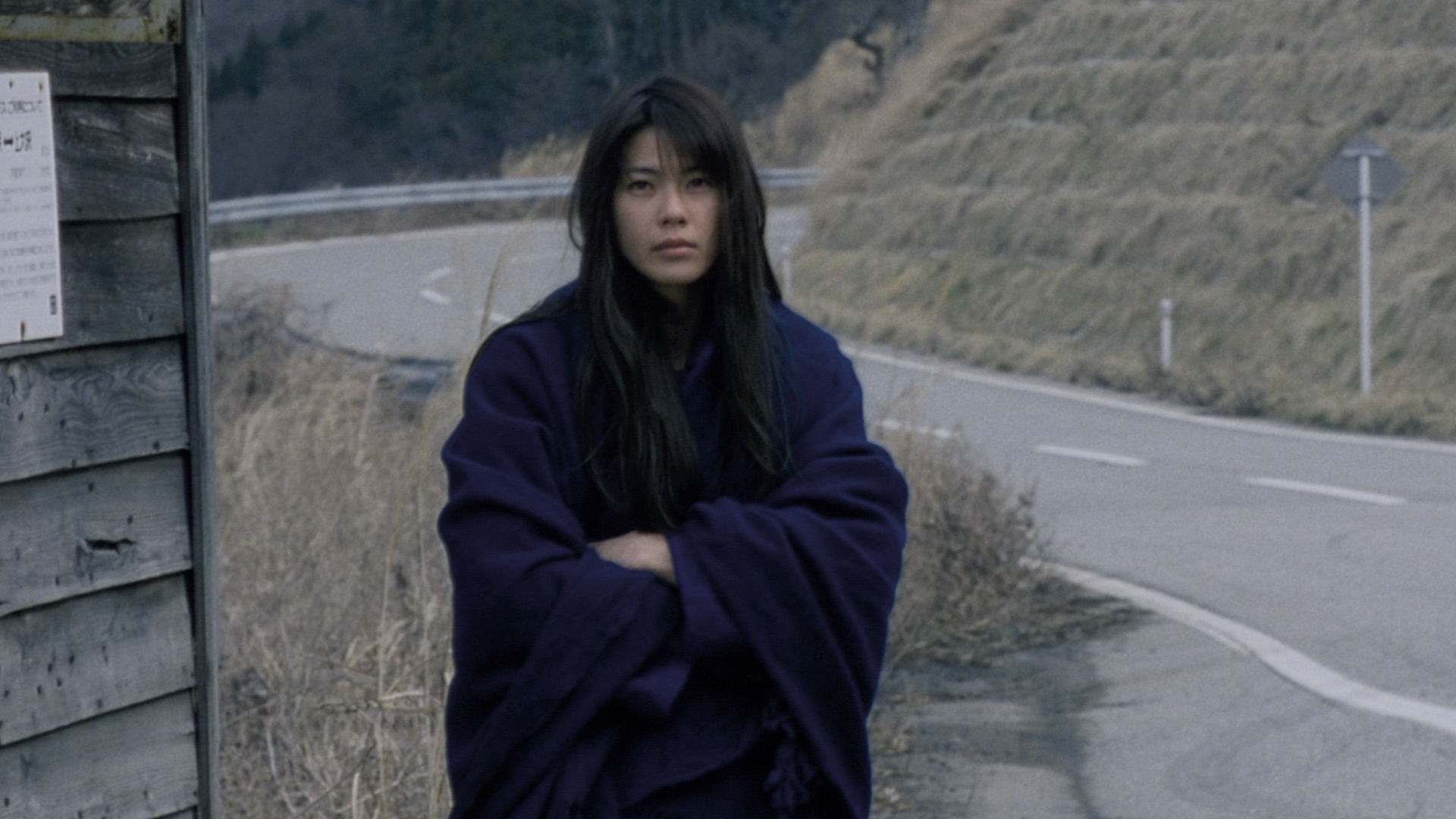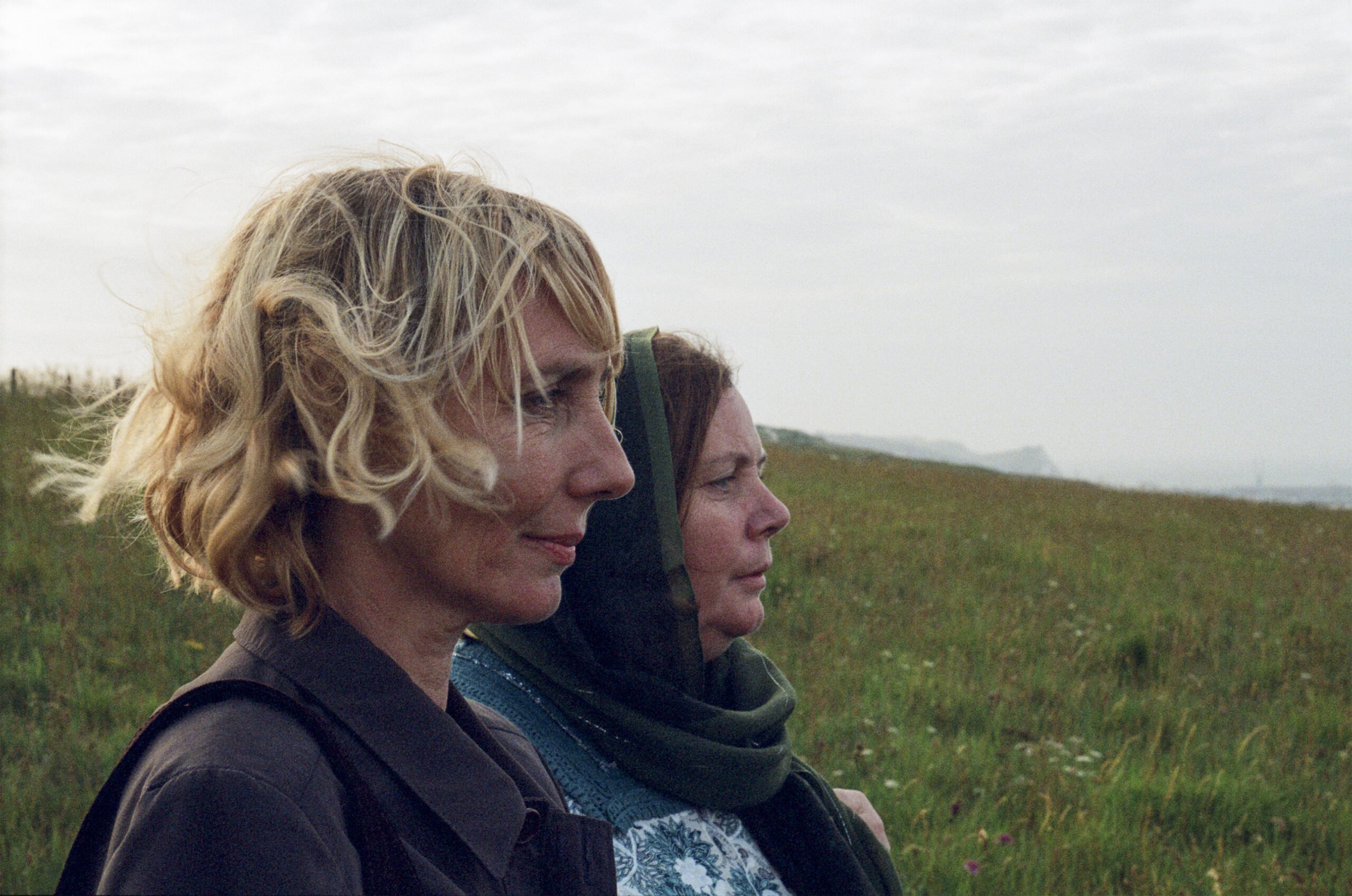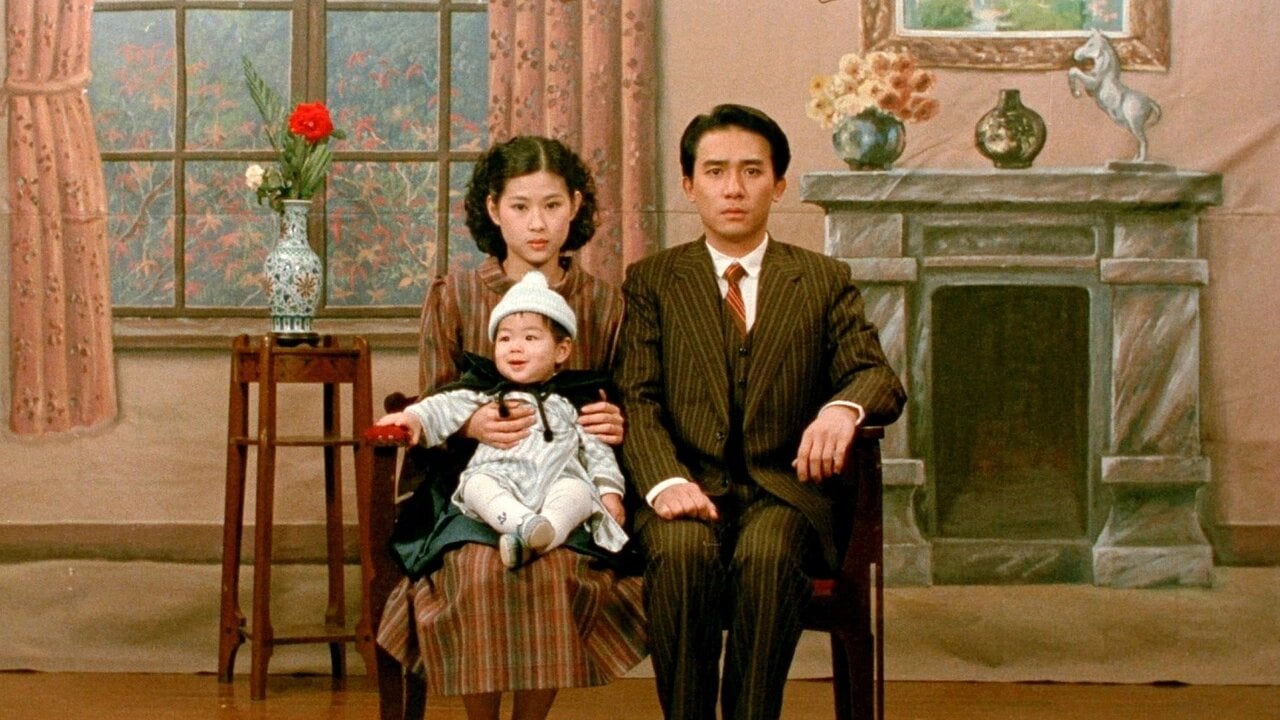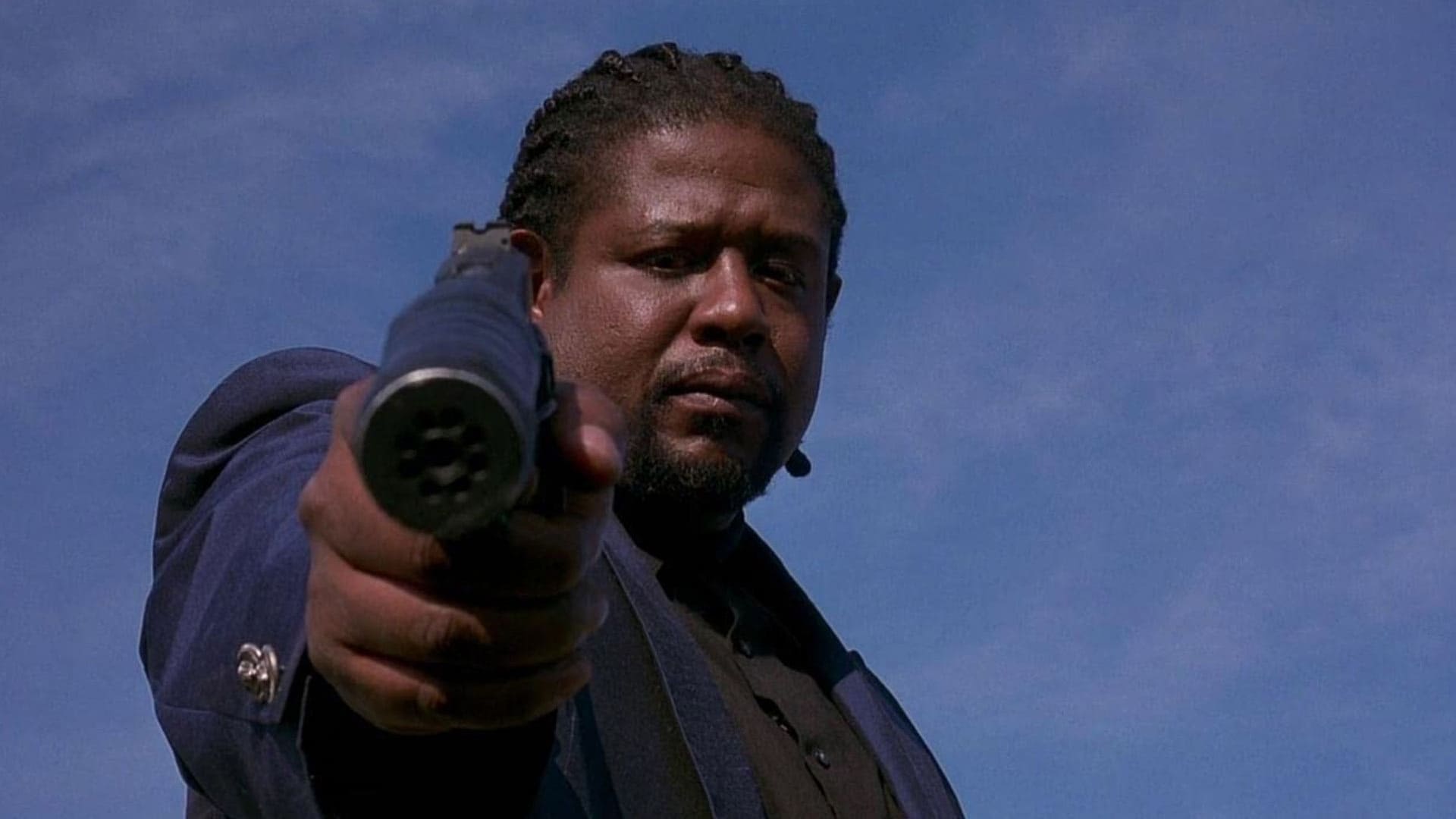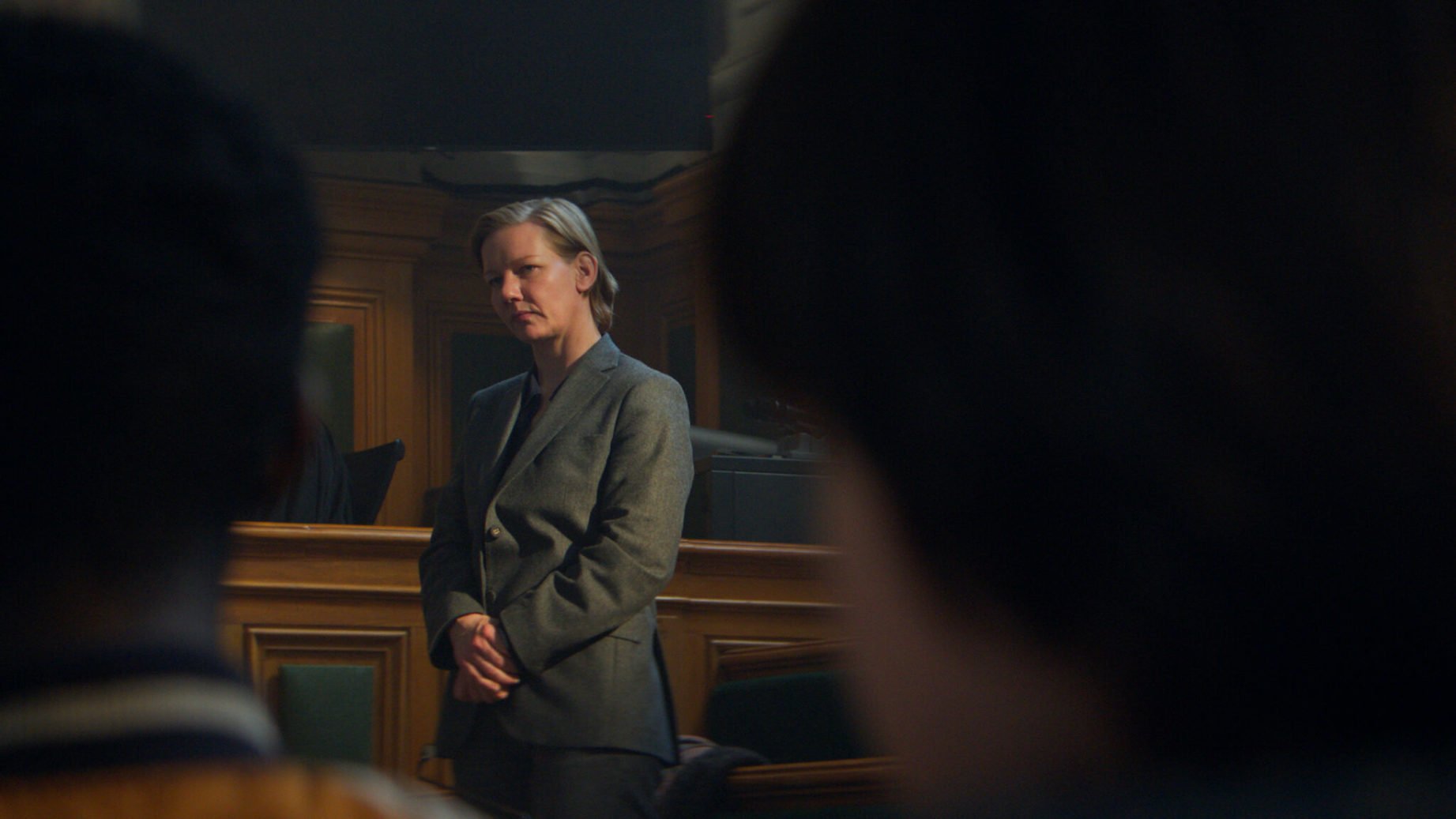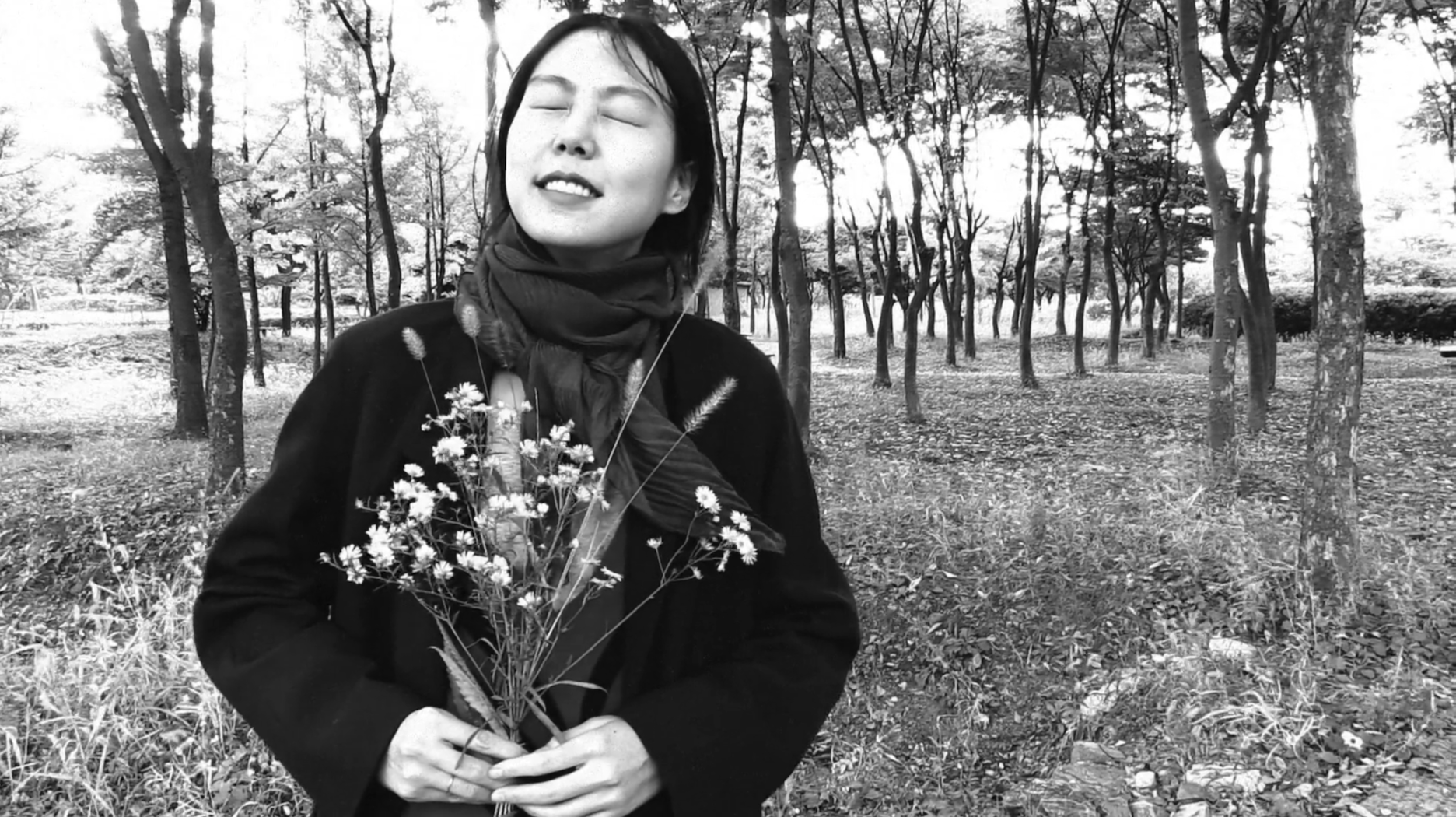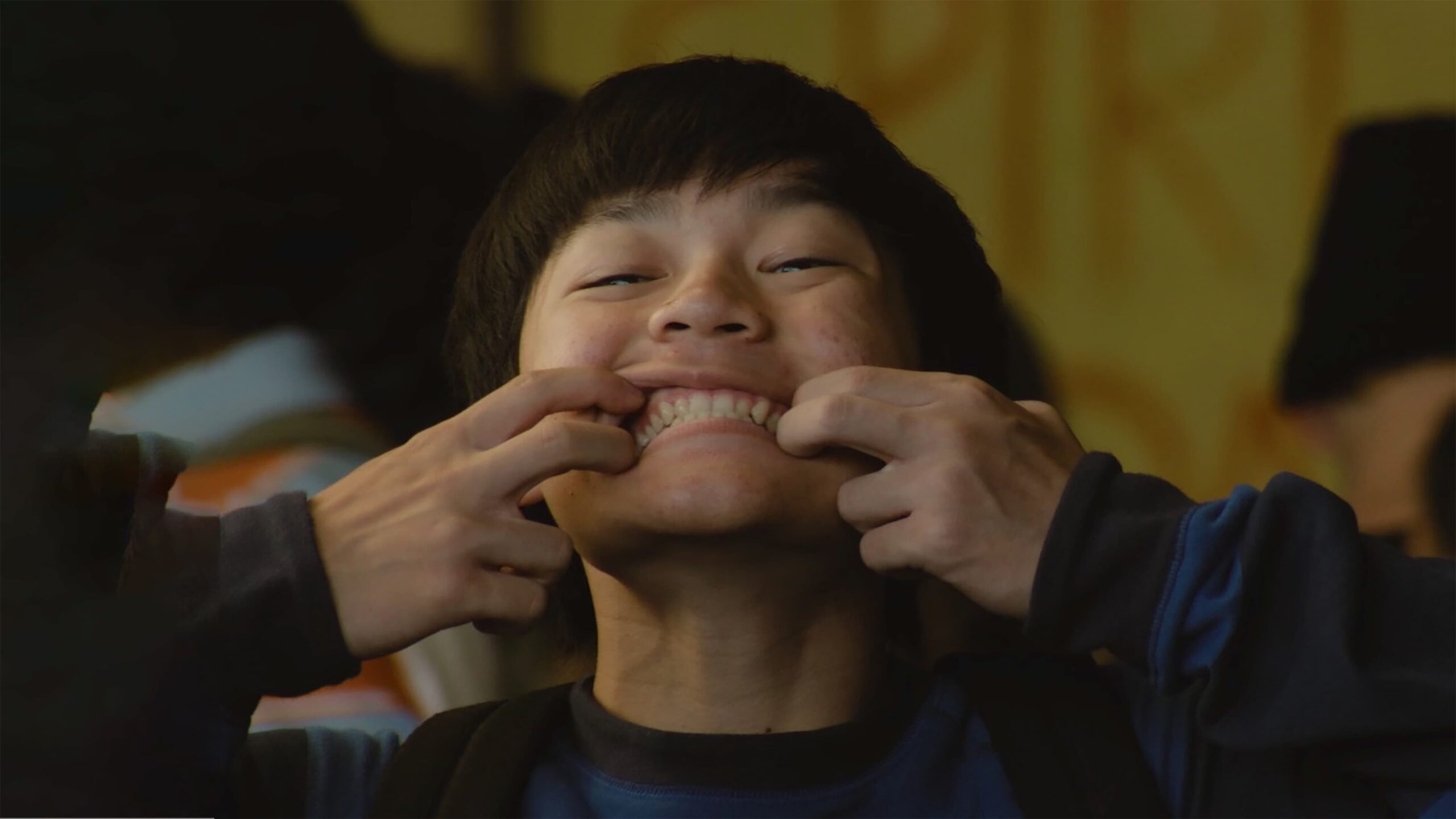
The 50 Best Character-Driven Movies to Watch Now
January 9, 2025
Share:
Great films don’t require great characters at their center; sometimes an evocative audiovisual experience is all you need. Which is why it still feels like a minor miracle when a film can create a compelling, fully-realized person within an average span of 90 minutes to two hours. Through smart, efficient writing and performances that bring out complex humanity from what’s written on the page, great film characters often become the prism through which a movie’s ideas are explored. So if you enjoy watching people both unique and ordinary grapple with the myriad conflicts that movies can bring, we’ve prepared a list of 50 high-quality but under-seen films with strong characters driving them forward.
Read also:
31. Philomena (2013)
Genres
Director
Actors
Moods
An inspired by true events tale about an elderly Irish woman trying to find the child she was forced to give up many years earlier. Steve Coogan co-wrote the script and, though the base story is a tragic one, his special brand of very subtle, wry wit is apparent in the dialogue throughout. Judi Dench plays the mother who had kept her “sinful” past a secret for fifty years and, being Judi Dench, I don’t need to bother going on about her exemplary talent, suffice to say she’s charming beyond measure in the role. Steven Frears directs, as usual, deftly, and keeps the story compelling scene after scene, intensifying the emotions inherent to each, whether they be heart-warming, comedic, or outright enraging. Whoever decided to let Steve Coogan have his way with the script, it was a brave and wise choice and together this cast and crew have produced a wonderful and important piece of cinema.
32. The Girl with the Dragon Tattoo (2009)
Genres
Director
Actors
Moods
The original Swedish mystery thriller that was later remade by David Fincher. It’s the same story of a wealthy man hiring a journalist and scrappy hacker to solver a murder, but told better. This version is slower, has more attention to detail and pace. In casting, authenticity triumphs over good looks. In staging, aesthetics are given as much importance as thrills. And in the story, intelligence wins over plot. This gives the main character of Lisbeth Salander (played by Noomi Rapace) better space to deploy her full mysticism and enigmatic nature. Danish director Niels Arden Oplev masterfully brings everything together to make for a movie that will forever be remembered.
33. Maborosi (1995)
Genres
Director
Actors
Moods
Director Hirokazu Kore-eda’s feature debut is nothing short of a masterpiece, his style of serenity apparent from the get-go. With Kore-eda’s still frames and touching, relatable stories, it’s almost impossible not to find yourself caring for his characters like they are your own family.
In Maborosi, Yumiko (Makiko Esumi) is haunted by one loss after another and struggles to accept these tragedies and move on with her life. Her story is probably the toughest Kore-eda has had to tell, yet there is still a certain beauty to it, especially in its quietness and moody atmosphere. Not forcing any of his characters’ feelings on the audience, Kore-eda manages to tell a harrowing tale in the gentlest of ways.
34. Norte, the End of History (2014)
Genres
Director
Actors
Moods
Clocking in at just over four hours and shot in vivid color, Norte, the End of History stands not only as Filipino auteur Lav Diaz’s best work since his earliest films, but as the easiest entry point into his unique filmography. Told on a sweeping yet intimate scale, the film has all the trademarks of Diaz’s work: slow, lengthy shots; bursts of dense dialogue and philosophizing; and copious amounts of human despair and systemic corruption. As our three protagonists’ souls (who rarely share the screen, if at all) are pushed to the limit after a terrible crime is committed, everything heads toward universal truths—the perseverance of love, and the inevitability of divine justice.
It can be difficult to recommend any film of this length and deliberate pace, but Norte remains a masterful example of how to use time itself to build a monumental story.
35. After Love (2020)
Genres
Director
Actors
Moods
After Love is a beautifully powerful and quietly moving outing by emerging British filmmaker Aleem Khan. It follows Mary (Joanna Scanlan), a white Muslim convert who discovers a life-changing secret her husband has managed to keep from her all these years.
Without spoiling anything, I will say that After Love is charged with the sort of deep-seated emotion we sometimes don’t know how to express. It’s also a powerful reminder that there’s no one way to love or grieve or celebrate the people around us; sometimes, there’s just feeling. And Scanlan does a wonderful job of restraining then conveying all of that in devastating and commanding moments throughout the film, a feat that earned her the much-deserved best actress award at the 2021 BAFTAs.
36. A City of Sadness (1989)
Genres
Director
Actors
Moods
A City of Sadness is a film set in 1945, after Japan is defeated in the war and Taiwan is subject to uncertainties of a changing sociopolitical landscape. It follows the four Lin brothers, who each struggle in this tumultuous period — from Wen-heung, the eldest who gets on the bad side of a local gang, to Wen-ching, who chooses to stand against the Chinese Kuomintang government despite being deaf-mute.
Instead of turning to the usual machinations of a historical family drama, director Hou Hsiao-hsien shows the vast expanse of Taiwanese countryside through steady, beautiful cinematography. In urban areas, the camera moves in scenes of sudden violence, which it pans toward until it exits frame for us to only hear the screams of people offscreen. There are also quiet interludes that barely last a minute, where dynamics between characters depict the anxiety of the times. Tony Leung, who plays the deaf-mute brother, hasn’t refined the craft of subtle acting with his eyes yet, but traces of brilliance are already there.
The trauma of rapidly changing times, as a nation is exploited from one war to the next, is depicted so clearly. The authoritarian state erodes families, and Hou paints a picture of a society on the brink, a representation of 1940s Taiwan that feels more like a tragic poem than a film.
37. Ghost Dog: The Way of the Samurai (1999)
Genres
Director
Actors
Moods
Director Jim Jarmusch audaciously combined the DNA of French noir classics with that of samurai and mafia movies to produce this utterly original film. As advised by the ancient Japanese manual it often quotes, though, Jarmusch’s movie also “makes the best” out of its own generation by adding hip-hop into its wry genre blend. The results are more than the sum of their parts, especially because the film is so eccentric: no matter how au fait with its inspirations you are, you still won’t see “Forest Whitaker plays a lonely hitman who wields and whooshes his silencer pistol like a samurai sword, lovingly tends pigeons, and can’t even speak the same language as his best friend” coming.
Ghost Dog’s strangeness is never jarring, though, thanks to Whitaker’s cool, collected performance, an atmospheric score by Wu-Tang Clan’s RZA, and the cinematography’s tendency to use smooth double exposures for scene transitions. It almost feels like we’re in another world: Jarmusch zooms in on the Bushido code obsessions of Whitaker’s single-minded character and the mafiosos’ dying laws, blurring out everything else so the movie becomes a meditation on the impulse to moralize one’s misdoings by subscribing to rigid definitions of “honor.” Not an exercise in surface style, then, but a bone-deep reflective masterpiece.
38. Anatomy of a Fall (2023)
Genres
Director
Actors
Moods
You would expect a courtroom drama to be built around damning pieces of evidence, passionate speeches, or certain social issues lending weight to the investigation. But what makes Justine Triet’s Palme d’Or-winning Anatomy of a Fall so remarkable is how direct it is. Triet doesn’t treat this case like a puzzle for the audience to participate in solving; instead she fashions this trial into a portrait of a family being eroded by even just the suggestion of distrust. It ultimately has far less to do with who’s responsible for the death of a man, and more to do with the challenge of facing the reality that the people we love are capable of being cruel and callous to others.
Which isn’t to say that Anatomy of a Fall doesn’t still possess qualities that make it a great courtroom drama—doubt only continues to pile up with every new piece of information that’s revealed to the audience, until we begin to interpret characters’ expressions and actions in a contradictory ways. But the way Triet executes these reveals is just so skillful, choosing precisely how to let details slip and obscuring everything behind faulty memory, intentional dishonesty, or any other obstacles that usually come up during an investigation.
39. The Novelist’s Film (2022)
Genres
Director
Actors
Moods
After you’ve watched a few films by Hong Sang-soo, you should know the general outline of what to expect: long, unbroken shots of long, unbroken conversations between characters (who are probably drinking alcohol), with very minimal movement on screen, a few recurring character types, and probably actress Kim Min-hee. But where a number of Hong’s films tend to make excuses for its burdened, self-righteous artist characters, The Novelist’s Film expresses not just a self-awareness of Hong’s usual perspective but a sincere willingness to imagine something beyond himself.
With one of the strongest screenplays he’s had in a long time, unexpected new touches to his usual style, and a powerful lead performance by Lee Hye-young, the film manages to infuse a newfound sense of vitality and vulnerable emotion into tis familiar beats. There’s plenty of humor and light tension to be found in the film’s many conversations about the purpose of art—boiling things down to the most foundational reasons for why we make and respond to creative works in the first place. Whether you’re a longterm fan or longterm skeptic of Hong’s work, The Novelist’s Film adds something undeniably new to his oeuvre.
40. Dìdi (弟弟) (2024)
Genres
Director
Actors
Moods
Coming of age films are a staple in cinema, but rare is a great depiction of growing up on the internet, chatting with friends, and learning about the world through just a small screen. Dìdi is one of those rare films that remembers that pivotal era, which is why it’s often likened to Bo Burnham’s Eighth Grade, but Sean Wang depicts a more angsty than anxious Asian American kid with a mother and a grandmother less able to relate to the wider Western town they live in, and with nothing he wants to do but to skate, shoot skating, and try to fit in with people he thinks are cool. It’s both funny and self-critical, as if Wang was looking back to remember the times he screwed up, but it’s also just comforting to watch him own up to who he really is, even if it doesn’t garner the exact response he’s been hoping for. It’s also precisely why Dìdi found its audience.
Comments
Add a comment
Ready to cut the cord?
Here are the 12 cheapest Live TV streaming services for cord-cutting.
More lists
Lists on how to save money by cutting the cord.
Curated by humans, not algorithms.
© 2025 A Good Movie to Watch. Altona Studio, LLC, all rights reserved.
